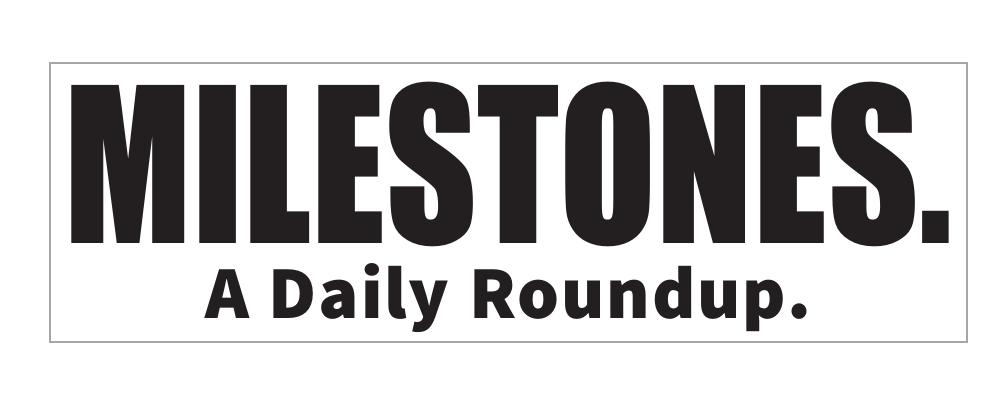Milestones: March 12, 2024

FIRESIDE CHATS — President Franklin Delano Roosevelt did not waste any time in giving his first “Fireside Chat,” a nationwide radio address, to the American people, on March 12, 1933, just eight days after his first inauguration. During this chat, which would become a beloved tradition during his Presidency, he explained the bank holiday he had just ordered to stop a surge in mass withdrawals and reorganize the banking system. He also thanked Americans for their “fortitude and good temper” during this “banking holiday.” Roosevelt used his later chats, over the course of his next three full terms (he died 3 months into his fourth term) to build popular support for his innovative New Deal policies that helped bring the nation out of the Great Depression. Speaking directly to the American people over the radio, Roosevelt bucked opposition from some in Congress and the business community to the New Deal. In later Fireside Chats, Roosevelt kept the nation updated on his wartime policies.
Roosevelt received millions of letters from Americans from all walks of life and economic groups who thanked him for the sense that he had joined them in their homes and spoken directly to them.
✰✰✰

Brooklyn Boro
View MoreNew York City’s most populous borough, Brooklyn, is home to nearly 2.6 million residents. If Brooklyn were an independent city it would be the fourth largest city in the United States. While Brooklyn has become the epitome of ‘cool and hip’ in recent years, for those that were born here, raised families here and improved communities over the years, Brooklyn has never been ‘uncool’.